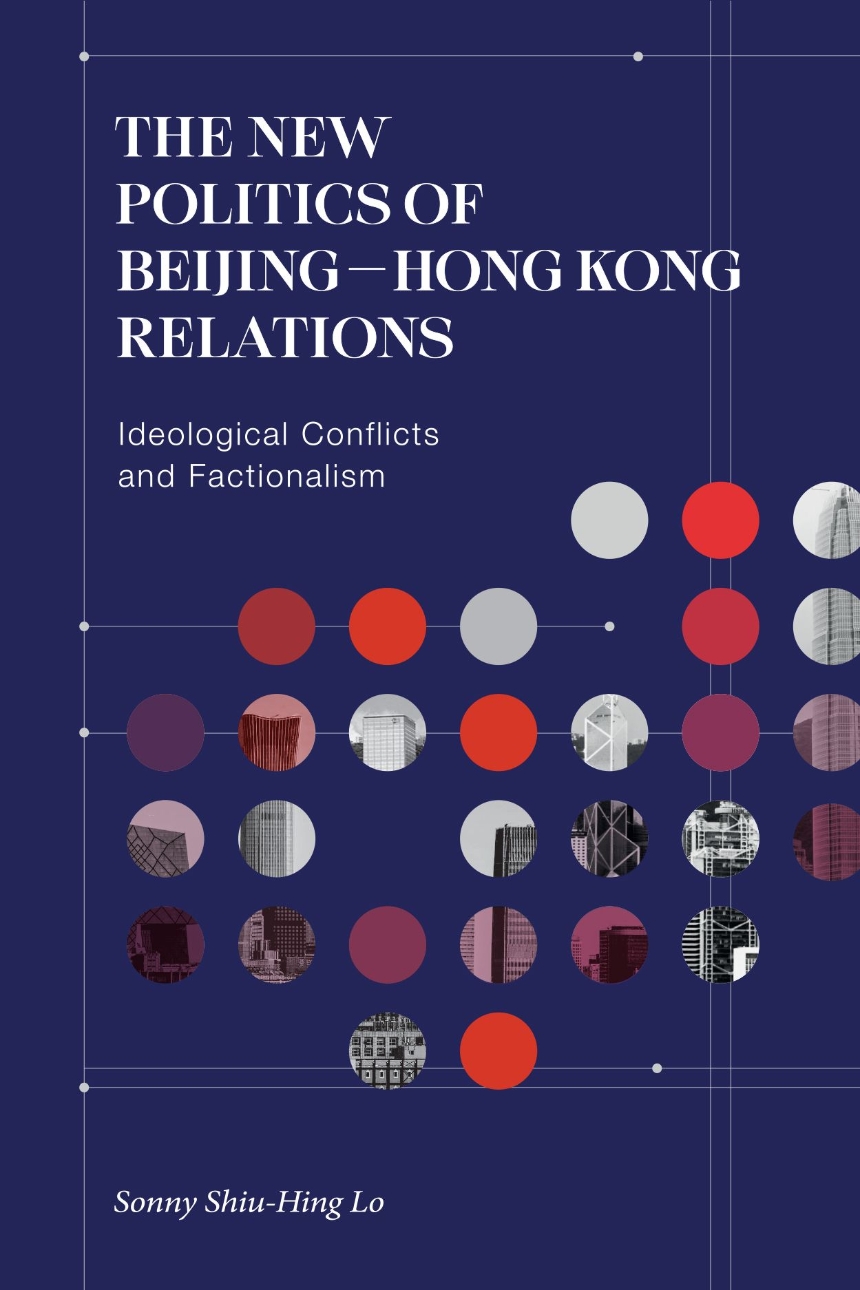The New Politics of Beijing–Hong Kong Relations
Ideological Conflicts and Factionalism
9789888900992
9789888805723
Distributed for Hong Kong University Press
The New Politics of Beijing–Hong Kong Relations
Ideological Conflicts and Factionalism
Examines the changing ideologies and conflicts between Hong Kong and the mainland from 2012 to the present.
The New Politics of Beijing–Hong Kong Relations particularly examines the paternalistic authoritarianism that can be seen in Beijing's policy toward Hong Kong since the promulgation of the national security law in late June 2020. Lo analyzes the ideological shift from liberal nationalism to conservative nationalism on the mainland Chinese side since late 2012. The increasingly radical localism on the Hong Kong side after 2014 altered Beijing-Hong Kong relations and introduced factional struggles. While the imposition of the national security law in Hong Kong in late June 2020 has stabilized the city politically, Beijing's policy toward Hong Kong is now guided by the principles of protecting its national security and maintaining economic pragmatism, with implications for Beijing's relations with Taipei in the coming years.
The New Politics of Beijing–Hong Kong Relations particularly examines the paternalistic authoritarianism that can be seen in Beijing's policy toward Hong Kong since the promulgation of the national security law in late June 2020. Lo analyzes the ideological shift from liberal nationalism to conservative nationalism on the mainland Chinese side since late 2012. The increasingly radical localism on the Hong Kong side after 2014 altered Beijing-Hong Kong relations and introduced factional struggles. While the imposition of the national security law in Hong Kong in late June 2020 has stabilized the city politically, Beijing's policy toward Hong Kong is now guided by the principles of protecting its national security and maintaining economic pragmatism, with implications for Beijing's relations with Taipei in the coming years.
304 pages | 3 halftones, 12 tables | 6 x 9 | © 2024
Political Science: Diplomacy, Foreign Policy, and International Relations, Political Behavior and Public Opinion, Public Policy
Table of Contents
List of Figures and Tables vi
Acknowledgments viii
List of Abbreviations xi
Introduction 1
1. Chinese Politics and Its Implications for Beijing–Hong Kong Relations 10
2. Ideologies and Factionalism in Beijing–Hong Kong Relations 70
3. Beijing’s Comprehensive Jurisdiction, Sino-Western Value Clashes,
and Hong Kong Elections from 2021 to 2023: Implications for Taiwan 180
Conclusion 229
Bibliography 255
Index 281
Acknowledgments viii
List of Abbreviations xi
Introduction 1
1. Chinese Politics and Its Implications for Beijing–Hong Kong Relations 10
2. Ideologies and Factionalism in Beijing–Hong Kong Relations 70
3. Beijing’s Comprehensive Jurisdiction, Sino-Western Value Clashes,
and Hong Kong Elections from 2021 to 2023: Implications for Taiwan 180
Conclusion 229
Bibliography 255
Index 281

